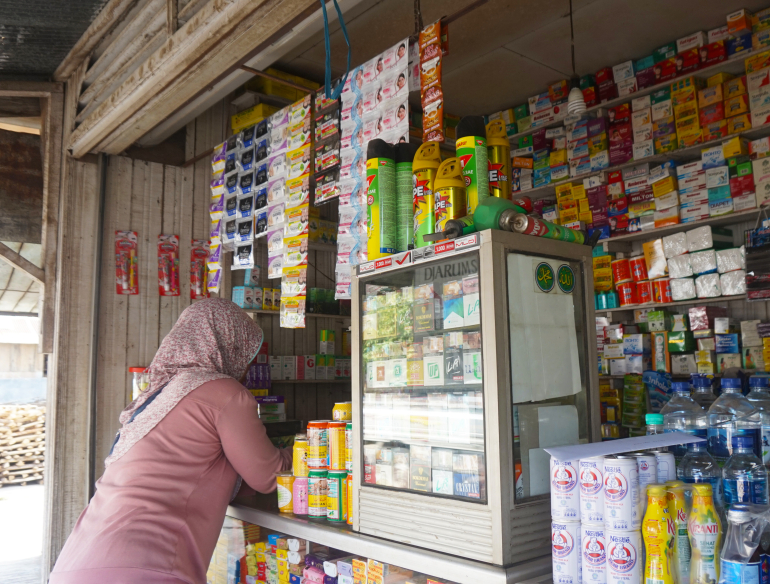Health resources are limited. Globally, there is increasing pressure on scarce resources, meaning that now more than ever, investments in health need to be strategic and impactful.
The Kirby Institute’s world-leading teams of health economists and health systems researchers work with partners in Australia and our region to determine the best ways to allocate resources to ensure value for money from spending on infectious diseases. Their work strengthens health systems using insights from evidence-based and interdisciplinary research, conducted primarily in the Asia Pacific region. This involves addressing the major challenges facing the delivery of healthcare:
- optimising service delivery and quality of care
- ensuring health equity and universal access
- sustainable health financing
- governance and regulation of health service delivery
- navigating public-private partnerships for the delivery of healthcare.
Working with in-country partners, our researchers identify health system barriers to the introduction and delivery of new technologies that test for a range of infectious diseases. This is an essential component of health delivery, to identify infection and prompt treatment. Once these barriers are identified, they are able to design and evaluate interventions, such as programs or policies, that boost the delivery of these crucial tests.
Our health economics and health systems researchers work with policy makers and funding agencies to find out how well health systems are functioning. Through these partnerships, we determine which infectious disease interventions or programs represent greatest value for money in order to inform decisions for investment.
The Kirby Institute’s health economics and health systems research has grown substantially over the past five years and currently includes a diverse portfolio of over 25 research projects in health economics and health systems.
Health Economics Research Network (HERN)
The Kirby Institute also houses the Health Economics Research Network (HERN), a UNSW-wide collaboration involving around 35 staff and students working and studying in the field. Our team are active members of the Australian Health Economics Society and Health Systems Global.
Programs working in this area:
